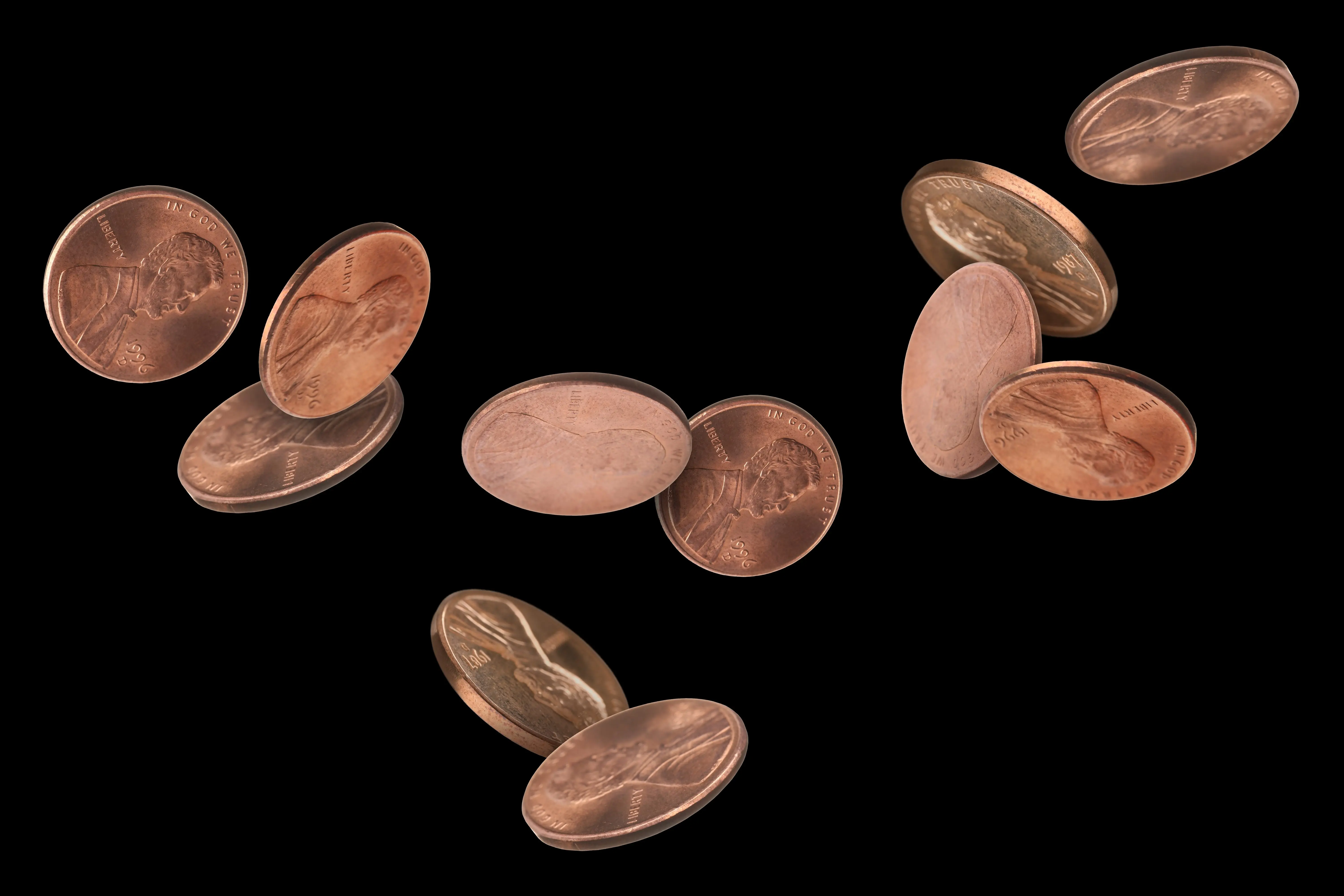
The coin’s official name is ‘cent’ or ‘one cent piece.’
Americans won’t have pennies to kick around anymore. The oft-maligned coinage that’s barely worth a child picking up off the ground these days is on its way out.
The U.S. Mint is issuing one final batch of the copper-plated coins before ending production permanently. The Trump administration ordered the end of the cent, citing its cost to produce in relation to its spending value. Each penny costs almost 4 cents to make, according to the U.S. Mint. (A bargain compared to the nickel, which costs nearly 14 cents.) The Treasury Department also says the cent is underutilized—seen more these days feeding Coinstar machines than cash registers. There are currently about 114 billion pennies in circulation. The Treasury expects to save about $56 million annually by ending penny production.
It would take a vote by U.S. Congress to make the end of the cent permanent; various bipartisan bills have been introduced over the years, but none have successfully killed the coin just yet. If Congress were to legislate the end of the penny, it would need to include language in the law about how companies would adjust their pricing—without that, simply ending the cent coin would create a huge demand for nickels, which are even more expensive to produce.
Pennywise
Here are a few invaluable facts about the penny
- The coin’s official name is ‘cent’ or ‘one cent piece’
- The term ‘penny’ derived from the British coin of the same name
- The first U.S. cent was produced in 1787
- It’s longtime half-sibling the half-cent was discontinued in 1857
- The cent has featured the profile of Abraham Lincoln since 1909
- Pennies are copper plated, and made of 95% zinc
- A 1943 penny once sold for $1.7 million. Only 40 of the 1943 copper-alloy cent pieces were ever produced—likely by accident when copper-alloy blanks were mistakenly left in the presses



